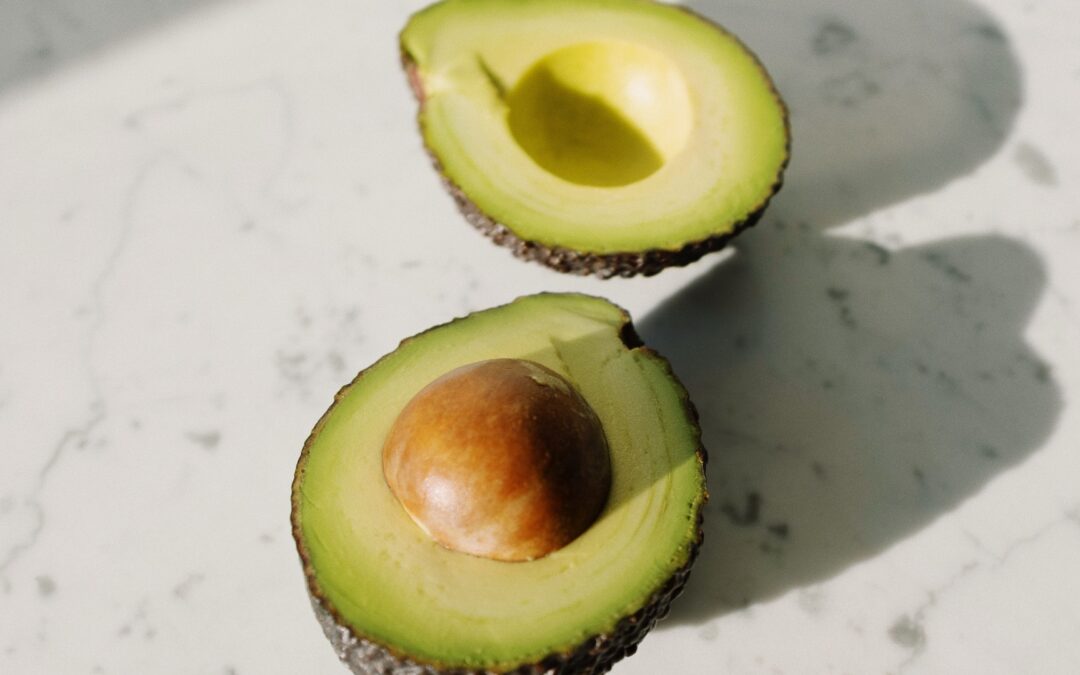‘Eating fat is going to make you put on weight…’
We have ALL heard this. Our parents, grandparents, aunt’s & uncles – feeling as though they have the right to comment on our body image & our food intake, meaning well of course, have likely said this at some point. The generations of our parents and grandparents were brough up on low fat foods, high carbohydrate meals, and a fear of putting on weight.
The low fat diet first started to become a FAD in the 1960s, and by the 1980s had infiltrated not only the media and marketing within supermarkets, but also dietary recommendations. The reality is, ‘fat makes you fat’ is simply outdated and not always true.
What are healthy fats?
Healthy fats are found in foods like avocados, nuts, seeds, extra virgin olive oil, extra virgin coconut oil, eggs, wild caught fish.
Healthy fats are important for:
- Powering the body
- Absorbing, transporting & using fat soluble vitamins (Vitamins E, A, D & K)
- Hormone regulation
- Mood regulation
- Heart health
- Cognitive function (ie focus and memory)
- Healthy cells – our cells are surrounded by a lipid bi-layer, so without healthy fats can’t function optimally
- Hair, skin & nail health
- And so much more!!!
Have you heard of essential fatty acids?
Essential fatty acids (EFAs) can be found in healthy fats and must be consumed through the diet as the body can’t produce them. Essential fatty acids are omega 3, 6 and 9. EFAs aren’t the only reason that healthy fats are good for us, however they’re definitely part of what makes them important.
EFAs can be found in:
- Seeds
- Fish (ensure you choose wild caught & low mercury)
- Nuts
- Leafy vegetables
Are all fats good?
Unfortunately not. There are certain types of fats that cause inflammation, raise bad cholesterol, increase risk of heart disease, type 2 diabetes and other health issues.
Pretty crazy huh – that within the same group of macronutrients (in this instance fat) we have some really awesome and some really terrible effects.
The types of fats to look out for are:
- Trans fats
- Seed oils
- Deep fried foods
- Margarines and spreadable butters
- Fats in processed foods
- Processed meats
- Large amounts of animal fats (small amounts from good quality meat is okay).
Let me explain.
When it comes to diet, it’s really important to be eating lots of wholefoods – vegetables, fruits, meat, poultry, fish, eggs, nuts, seeds, good quality grains and good quality dairy (if you tolerate it) all as minimally processed as possible. When we do this, our body knows how much food it needs and is able to guide you with how much and how often you need to eat. Not only this, when it comes to omegas in plant based foods (ie seeds), when you’re eating healthy fats, it actually encourages your body to absorb more of the right types and amounts of essential fatty acids. So, if you’re eating healthy, your body is going to encourage you to continue doing so, absorb nutrients better (unless there’s an underlying issue occurring) & help you to regulate your weight.
When we start eating less nutritionally dense foods* our body remains hungry – after all, it’s not getting the nutrients it needs. So it tells you to eat more. This is when you’re likely to want to eat more fast foods and foods that are higher in calories and lower in nutrients – your body wants fast energy. Not only this, processed foods are often high in the ‘bad’ fats that we spoke about earlier.
Basically, when you’re following a wholefoods diet, your body is going to respond well to what you’re eating and make you feel good. It also means that you can eat a decent amount of good quality healthy fats and feel your best. For example, in the Mediterranean diet, they often consume up to 4tbs of extra virgin olive oil a day!
When you’re eating lots of trans fats and processed meats, you might find you:
- Put on weight
- Feel tired and sluggish
- Get bloated
- Receive blood test results that say ‘please help!’
So to answer the question: eating fat doesn’t make you fat. When you’re eating the right fats in combination with a healthy diet.
It can be pretty challenging to get your head around what makes up a healthy diet, and even more so to implement this. If you need support with this, please do reach out.
*nutritionally dense foods are foods that are higher in nutrients and lower in calories or kilojoules – basically, a nutritionally dense food gives you bang for your buck in terms of how much it nourishes your body. Less nutritionally dense foods tend to be processed foods that offer the body little nutrition.
Note: if you are following a healthy diet and still don’t feel right, this is an excellent time to reach out for a naturopathic consultation, so that we can get to the bottom of why this is happening for you. Unfortunately what we eat and what our body absorbs isn’t always the same.
Want to stay in touch?
Join my mailing list by simply scrolling to the bottom of the home page & entering your details.
Follow me on Instagram & FaceBook.

